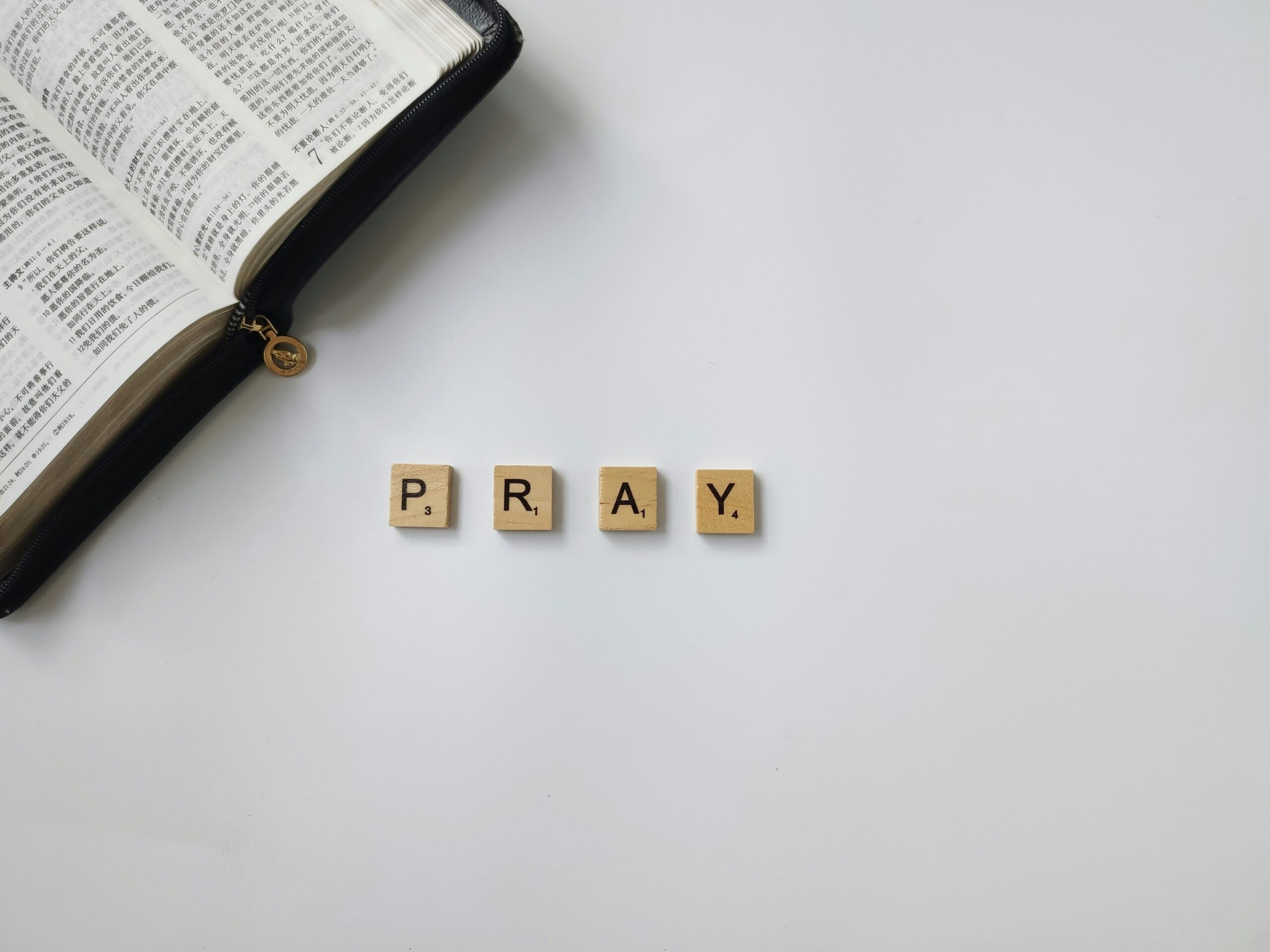We live in an age of anxiety. Fear dominates headlines, conversations, even our inner worlds. In a culture overwhelmed by uncertainty, courage can feel naive or just plain unrealistic. But for the believer, courage is not rooted in self, or what we can do—it’s anchored in hope. Our strength comes from the God who never changes, even when everything else does. Courage, then, becomes a quiet defiance—trusting Him when the world says to panic.
The Virtue Framework: Courage at the Center
In this series, we look at the virtue in the middle and the two vices that surround it—what happens when you have too little and what happens when you take it too far.
- Virtue: Courage
- Deficiency: Cowardice
- Excess: Recklessness
So here’s where we’re going:
We’re going to start with fear, because that’s the reason we even need courage in the first place. Where uncertainty breeds anxiety, and confrontation is avoided at all costs, courage might be one of the most lost virtues of all.
The Root of Our Fear
If you ever wondered why fear is such a dominant part of human life, you’re not alone. Psychologists study this question constantly, and still can’t quite explain why we’re wired this way.
But the Bible can.
To understand fear, we have to go all the way back to Genesis 3. Adam and Eve were created for communion with God. They walked with Him, talked with Him—no fear, no shame, no hiding.
But after eating from the tree of knowledge of good and evil, everything changed.
“Then the eyes of both of them were opened, and they knew that they were naked; and they sewed fig leaves together and made themselves coverings.” – Genesis 3:7
“So he said, ‘I heard Your voice in the garden, and I was afraid because I was naked; and I hid myself.’” – Genesis 3:10
There’s our word: afraid. Fear entered the human story right here. Along with guilt, shame, and blame.
That moment fractured something in us. And ever since, we’ve been trying to medicate and manage our fear—through psychology, through self-help—but not even the best “tips and tricks” can fix a fallen nature.
Cowardice – The Vice of Avoidance
Cowardice is what happens when we are ruled by fear. It’s not simply being afraid—it’s being enslaved to fear. And for the Christian, cowardice reveals something deeper: a lack of belief in God’s promises.
“Do not fear, for I am with you” – is said, in some variation, 365 times in Scripture. One for every day.
But do we actually believe that?
Cowardice says, “God won’t show up.”
It says, “I’m on my own.”
And so instead of standing firm, we hide. We silence ourselves. We run.
And we justify it.
These days, it often shows up as online boldness that masks real-world fear. There’s even a name for this: the online disinhibition effect. People post things they’d never say in person. But is that real courage—or just anonymity in action?
Worse still, cowardice can disguise itself as self-righteousness. Casting stones online, dropping snarky comments, ghosting real conversation—that’s not conviction. That’s fear dressed up as moral outrage.
And then there’s the classic form: conformity.
It doesn’t look like fear. But it is.
It’s the fear of standing out. Of being alone. Of not fitting in.
So we go along with the crowd to avoid confrontation—and call it wisdom.
But the Christian is called to be set apart. Our behavior is supposed to look different. Courage is what separates the wheat from the chaff when the pressure hits.
Biblical Examples of Cowardice:
- The 12 Spies (Numbers 13–14): Ten of them returned from the promised land terrified of what they saw—giants, obstacles, impossibilities. Only Joshua and Caleb saw the same things and still believed. But fear is contagious. The crowd sided with the cowards.
- Peter in Galatians 2: When Jewish believers showed up, Peter stopped eating with Gentiles—even though he knew better. Paul called it what it was: hypocrisy. Cowardice hiding behind culture. It wasn’t courage—it was fear of man.
And that’s the thing. Cowardice often looks like “keeping the peace.” But it’s really just choosing comfort over conviction.
Recklessness – The Vice of Self-Reliance
On the other end of the spectrum is recklessness—acting boldly but without God. This tends to show up in people who are naturally courageous. And yes, that’s a real thing—God gives different temperaments. Some are naturally bold. But if that boldness isn’t submitted to God, it becomes rashness.
Take Peter again.
This time in the Garden of Gethsemane. Jesus is about to be arrested, and Peter—in all his fiery, natural boldness—draws a sword and cuts off a man’s ear.
‘But Jesus answered and said, “Permit even this.” And He touched his ear and healed him.’ –Luke 22:51
Peter meant well. But he wasn’t acting out of prayer, or obedience—he had literally fallen asleep when Jesus asked him to pray. He was acting out of his own emotions, his own quick-temperedness.
That’s recklessness.
We see the same thing in Deuteronomy 1, when the Israelites tried to go into battle after God had told them not to:
“Do not go up nor fight, for I am not among you… Yet you would not listen… and presumptuously went up… Then the Amorites… chased you as bees do.” – Deut. 1:42–44
They tried to move ahead of God. And they were crushed.
Recklessness might look like courage from the outside—but it’s just another form of unbelief. It’s trusting our own strength instead of God’s guidance.
Biblical Courage – A Virtue of Dependence
So what is true courage?
It’s not the absence of fear.
It’s not brute strength.
And it’s definitely not pretending you have it all together.
Biblical courage is an interdependent virtue. It depends on other virtues to exist.
You cannot have true courage without:
- Humility – acknowledging that we need God.
- Faith – trusting His promises.
- Hope – expecting God to come through.
Courage is taking action because you believe God is with you—even if you’re still scared. It’s standing when others run. It’s obeying even when the outcome is uncertain.
“Be strong and courageous. Do not be afraid… for the Lord your God is with you wherever you go.” – Joshua 1:9
“Fight the good fight of faith…” – 1 Timothy 6:12
The Christian life is not passive. It’s a fight. Not against flesh and blood—but against fear, spiritual complacency, and cultural pressure.
And we need courage for every bit of it.
Final Word
Cowardice keeps you silent.
Recklessness gets you crushed.
But courage? Biblical courage is what fuels the faithful.
The Christian should be able to
- Speak Up – for what’s right
- Call Out – what is wrong
- Stand Up – for justice
- Reach Out – to those in need
In a world full of noise, fear, and pressure to conform, the call of the Christian remains:
Be strong and courageous. Not because you’re strong—but because He is.
Stay Salty Christians 😉,
Nefreteri






Read the Comments +